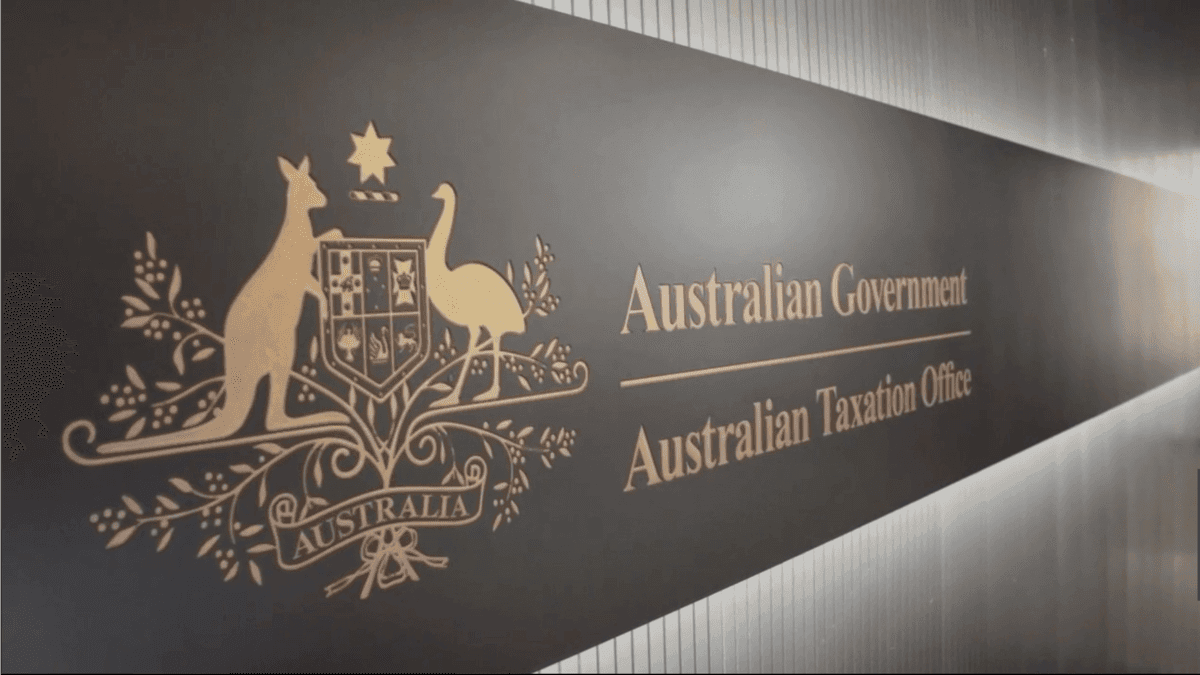In a move to ensure accurate tax reporting, the Australian Taxation Office (ATO) is stepping up its data-matching game, leaving taxpayers with no room for guesswork.
With new data pouring in from various sources, including property managers, landlord insurance providers, financial institutions, sharing economy platforms, and income protection policy providers, the ATO is armed with the tools to track down taxpayers with incorrect information in their tax returns.
ATO Assistant Commissioner Tim Loh says this isn’t a game of Guess Who anymore. The ATO’s cutting-edge data-matching programs provide them with all the clues they need to identify taxpayers who may have made mistakes in their returns. To crack down on the issue, the ATO plans to educate taxpayers about incorrect claims while aiming to pre-fill tax information in future years for a smoother filing process.
“Around 80% of taxpayers with rental income claimed a deduction for interest on their loan, and this is where we’re seeing mistakes. For example, you can’t refinance an investment property to buy personal items, like a holiday to Europe or a Tesla, then continue to claim the interest expenses as a tax deduction.”
“This new data provides us with crucial intelligence to paint a picture of what’s true and accurate in tax returns,” Mr Loh said.
Rental property owners beware: the ATO’s review of income tax returns reveals that a staggering 9 out of 10 landlords are getting their returns wrong. To tackle this, the ATO is launching two new data-matching protocols for rental investors.
The first focuses on investment loan data, ensuring taxpayers don’t claim interest deductions for personal expenses like luxury holidays or high-end cars. The second protocol targets landlord insurance policies, reminding taxpayers to claim insurance premiums as tax deductions while reporting any insurance payouts received as income.
‘You can generally claim a deduction for income protection insurance you buy but remember you can’t claim the deduction if the insurance policy is paid by your super fund.’
‘If you receive an income protection insurance payout from either your personal insurance policy or from your super fund policy, you must include the income in your tax return,’ Mr Loh said.
But it’s not just landlords under the ATO’s scrutiny. With the rise of side hustles and sharing economy activities, the ATO is implementing the Sharing Economy Reporting Regime (SERR).
Effective from 1 July 2023, the SERR will require electronic distribution platforms, including ride-sharing and short-term accommodation services, to report income data to the ATO. This move aims to provide the ATO with clear visibility into individuals earning income through these platforms, ensuring tax compliance.
Additionally, the ATO has introduced an income protection data-matching protocol to keep tabs on premiums paid and payouts received for income protection insurance policies.
While taxpayers can generally claim deductions for income protection insurance, they must remember that deductions cannot be claimed if a super fund pays the insurance policy. Any income protection insurance payouts from personal or super fund policies must be reported as income in tax returns.
More information about Data-matching protocols and the Sharing economy reporting regime are available on the ATO website.
Keep up to date with our stories on LinkedIn, Twitter, Facebook and Instagram.

